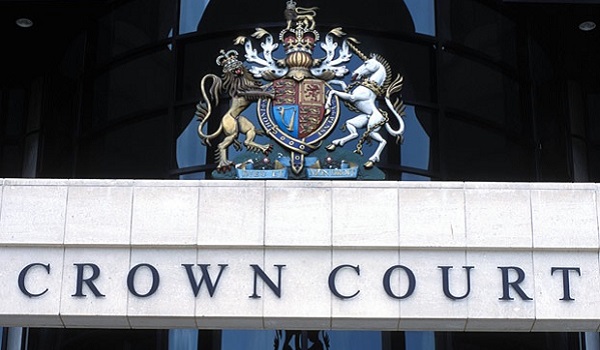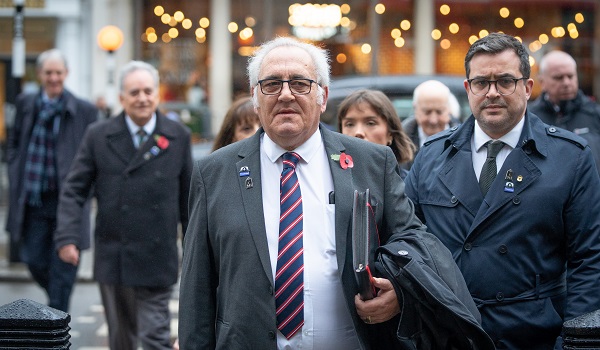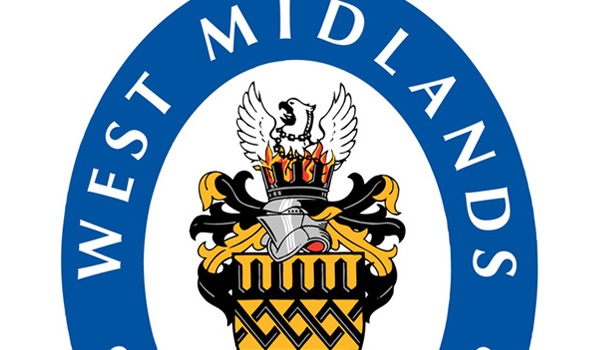Rape case backlog set to continue for many years
The number of rape and sexual assault victims who have waited more than a year for their trial to go through the courts risen by more than 400 per cent, newly released figures from a report by the National Audit Office (NAO) show.
The report said that the backlog in the Crown Court had already increased by 23 per cent in the year leading up to the pandemic, partly because the Ministry of Justice (MoJ) allocated an insufficient number of court sitting days. The backlog increased significantly during the pandemic, from 41,045 on March 31, 2020 to 60,692 on June 30, 2021.
Significant backlogs are expected to continue in the Crown Court for several years, and the number of cases waiting could be between 17 per cent and 27 per cent higher than pre-pandemic levels by November 2024.
Between March 31, 2020 and June 30, 2021, the number of cases older than a year in the Crown Court increased from 2,830 to 11,379 (302 per cent) and from 246 to 1,316 (435 per cent) for rape and sexual assault cases.
Waiting times increased most in London, with the average age of a case increasing by 63 per cent from 164 days on March 31, 2020 to 266 days on June 30, 2021. The report warned that such delays could increase the risk of individuals withdrawing from the process and cases collapsing.
Head of the NAO Gareth Davies said: “Despite efforts to increase capacity in criminal courts, it looks likely that the backlog will remain a problem for many years. The impact on victims, witnesses and defendants is severe and it is vital that the Ministry of Justice works effectively with its partners in the criminal justice system to minimise the delays to justice.”
The NAO found Her Majesty’s Courts and Tribunals Service (HMCTS) responded quickly in the early stages of the pandemic, prioritising people’s safety and access to justice for urgent cases.
Its court recovery programme increased crown court capacity by 30 per cent between September 2020 and July 2021 by opening temporary Nightingale courts and modifying existing buildings.
But the long-term recovery plan “hinges on securing funding and resources” and “significant risks remain”, including “funding uncertainty” as the MoJ estimates it needs around an additional £500 million for criminal courts and £1.7 billion for legal aid, prisons and probation services to support recovery.
The Government department “also recognises that recruiting enough judges to hear cases will be a challenge”, the NAO said.
The report added that the MoJ and HMCTS also have a “poor understanding of the impact the pandemic and recovery programme have had on court service users from ethnic minorities and vulnerable groups”.
Derek Sweeting QC, chair of the Bar Council, said the findings showed the criminal justice system “is at breaking point”, adding: “Ahead of next week’s spending review, the Bar Council is calling for spending to be increased by an extra 22p per person to tackle the enormous backlog and allow the Government to meet its bold ambitions around law and order whilst supporting victims of crime and reducing delays.”
An MoJ spokesman said: “This report recognises the speed at which we responded to Covid-19. This meant that – in a matter of months – our buildings were made safe, remote technology was rolled out across all courts, and Nightingale courtrooms opened up and down the country to increase the space available for trials.
“We are already seeing the results, with outstanding cases in the magistrates’ courts falling, and in the Crown Court the backlog stabilising.”







